Key Takeaways
- Hay is a Guinea Pig’s Staple Food: Guinea pigs need unlimited fresh grass hay like timothy hay to support digestion and prevent overgrown teeth.
- Vitamin C is Essential: Since guinea pigs can’t produce vitamin C, their diet must include vitamin C-rich foods like bell peppers and leafy greens to prevent deficiencies.
- Fresh Vegetables in Moderation: A variety of leafy greens and veggies provide key nutrients, but sugary fruits and certain plants should be limited or avoided.
- Avoid Toxic Foods: Some foods, like rhubarb, onions, and buttercup, are toxic to guinea pigs and should never be fed to them.
Introduction
Welcome to the ultimate guide on guinea pig care, focusing on the feeding and diet. As a guinea pig parent, you want the best for your furry friend, and understanding their nutritional needs is key to ensuring their health and happiness.
This guide delves into the essentials of a balanced guinea pig diet, optimal feeding schedules, and other tips to maintain their health. Whether you’re a new owner or looking to refine your guinea pig’s diet, you’ll find valuable insights and practical advice helpful.
(Note: This post was originally published on 4/10/2023 and has been completely updated and revised for accuracy and comprehensiveness as of 1/18/2024.)
Understanding Your Guinea Pig's Nutritional Needs
Guinea pigs need a balanced diet for their health, much like humans and other pets. Their herbivore diet is unique compared to omnivorous and carnivorous pets like dogs and cats.
The Importance of Hay in a Guinea Pig's Diet
Hay is fundamental in a guinea pig's diet, providing essential fiber for digestive health and helping prevent obesity and dental issues. Their teeth, which grow continuously, are maintained by the constant chewing of hay.
Timothy hay is especially recommended for its ideal fiber content. For those allergic to Timothy hay, Orchard Hay is a good alternative, offering similar nutritional benefits and often being less allergenic.
Essential Vitamins and Minerals for Health
Guinea pigs require a variety of vitamins and minerals, with Vitamin C being crucial since they cannot produce it naturally. A deficiency in Vitamin C can lead to scurvy, a serious condition.
Fresh leafy greens and bell peppers are great sources. High-quality pellets formulated for guinea pigs are also advised, as they contain essential micronutrients.
For an extra boost of Vitamin C, consider incorporating GuineaDad's Organic Rose Hip Cup into their diet. Rose Hip is an excellent source of Vitamin C and can provide your guinea pig with the necessary amount of this vital nutrient.
Creating the Perfect Feeding Schedule
A well-structured feeding schedule is essential for your guinea pig's health and well-being. Consistency and quality in their diet play a pivotal role in preventing health issues like GI stasis, a critical condition where the digestive system slows down or stops.
Ensuring Constant Access to Hay
Hay is not just a part of your guinea pig's diet; it's a necessity. They should have unlimited access to hay 24/7 to support continuous grazing, which is vital for their digestive health and to prevent GI stasis. Hay, especially Timothy or Orchard Hay for those with allergies, also aids in dental health, preventing malocclusion. If want to learn more about different types of hay for guinea pigs, read more about it in this blog.
Scheduled Feedings for Pellets and Vegetables
We recommend providing pellets and fresh vegetables on a regular schedule, in the right amount. This routine not only helps in maintaining balanced diet but also can strengthen your bond with your guinea pig. They start associating these feeding times with positive interactions, enhancing their trust and affection towards you.
If you are wondering what kind of vegetables that guinea pigs can eat, check out this blog.
Treats and Fruits for Bonding
Offer treats and fruits to your guinea pigs in moderation, ideally as rewards during bonding sessions. It's important to choose healthy options and limit the quantity to prevent health issues, ensuring a balanced diet for your pet's well-being.
To discover a comprehensive list of suitable fruits for guinea pigs, check out our blog. For treats, we highly recommend GuineaDad's Pea Flake. These treats are a favorite among guinea pigs and can significantly enhance the bonding experience with your pet.
Monitoring Your Guinea Pig's Health Through Diet
Observing the effects of diet on your guinea pig's health is crucial for their well-being.
Recognizing a Balanced Diet in Guinea Pigs
The health of your guinea pig, both physically and behaviorally, is a direct indicator of their diet's quality. A well-balanced diet manifests in a lustrous coat, proper body weight, abundant energy, and consistent production of regular, well-formed feces. Observing steady eating and drinking patterns is also a key marker of nutritional adequacy.
Moreover, monitoring your guinea pigs' fecal output is crucial. Their droppings can provide valuable insights into their gut health. For detailed guidance on interpreting these signs, refer to our informative blog.
When to Adjust Your Guinea Pig's Diet
Dietary adjustments may be needed if you notice weight loss or gain, lethargy, changes in feces, or a lack of interest in food. Consult a veterinarian for guidance, especially if these changes are sudden or severe. Any adjustments to their diet should be made gradually to avoid digestive upset.
Conclusion
The optimal care for your guinea pig hinges on a thorough understanding and implementation of their dietary needs. This includes ensuring constant access to the right types of hay, establishing a consistent routine for feeding pellets and vegetables, and judiciously offering treats.
Regularly observing and assessing the impact of their diet on their overall health is essential. Be vigilant for any changes in your guinea pig's behavior, weight, or appetite, as these may signal the need for dietary adjustments. It's important to make any changes gradually and under the guidance of a veterinarian to avoid digestive issues.
Adhering to these dietary guidelines is crucial in ensuring the well-being of your guinea pig, contributing to a long, healthy, and joyful life together.


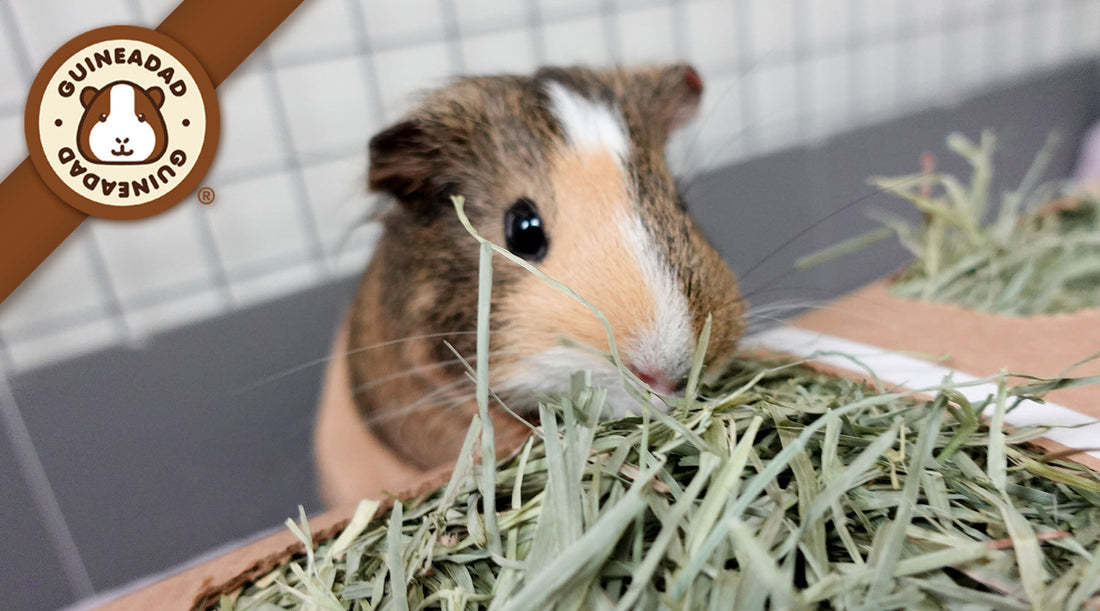






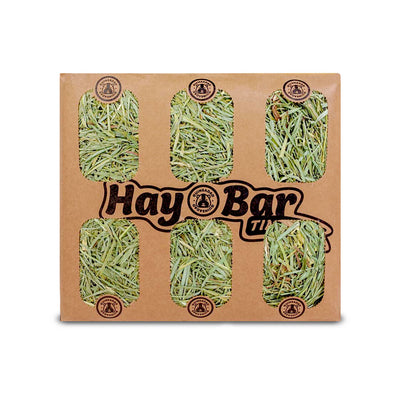
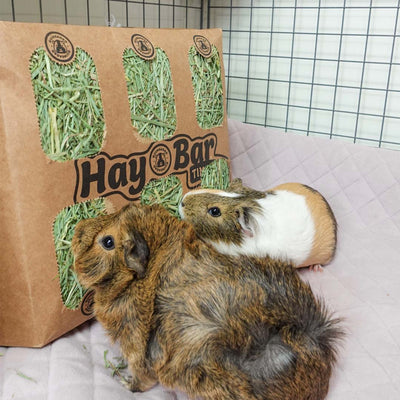
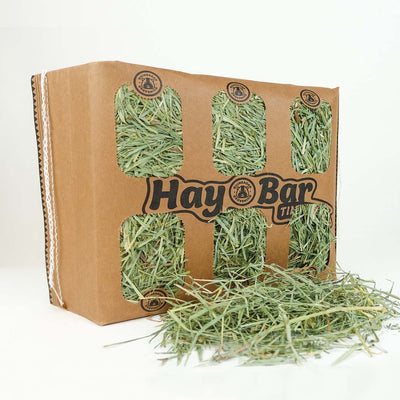
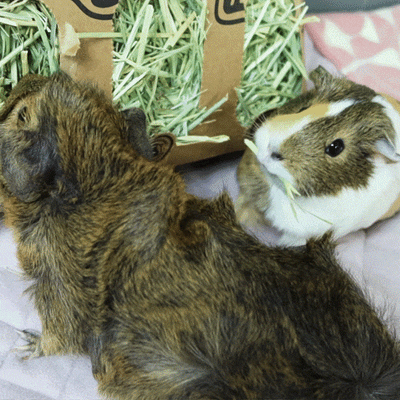
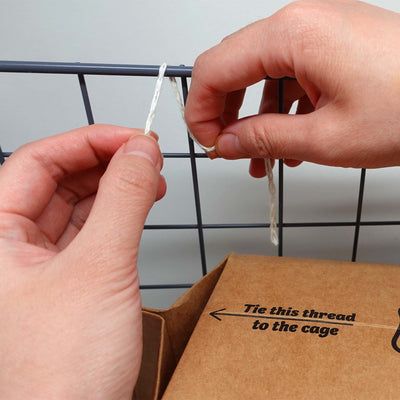
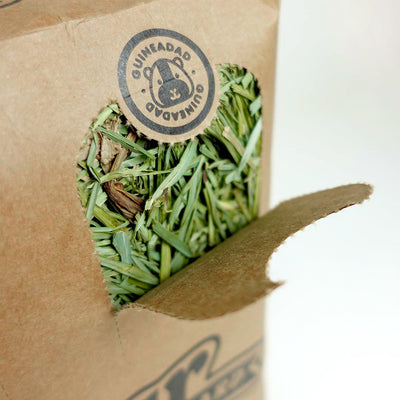
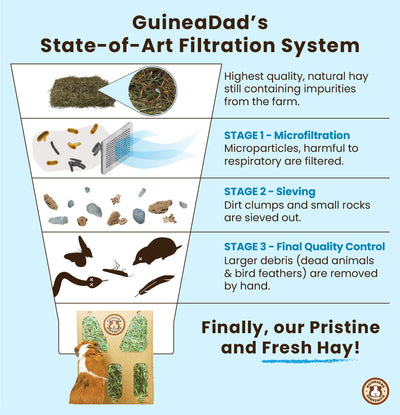
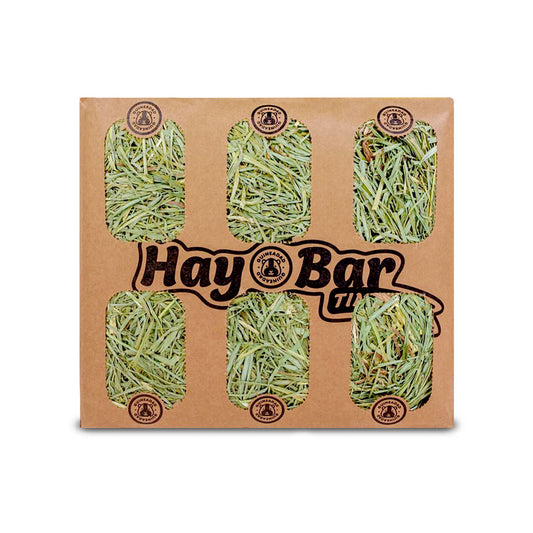
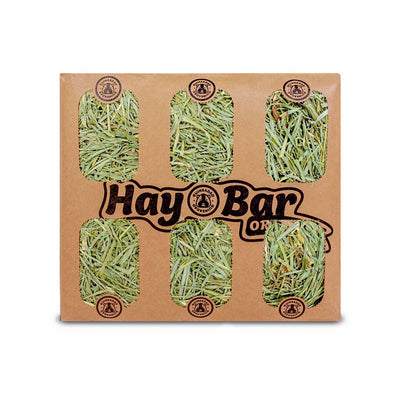
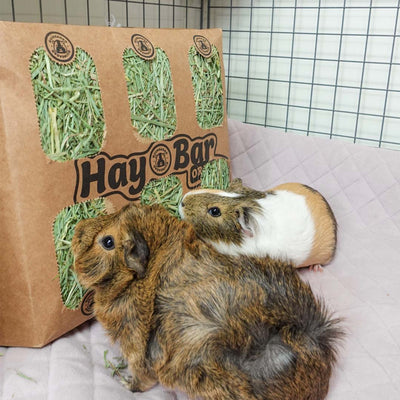
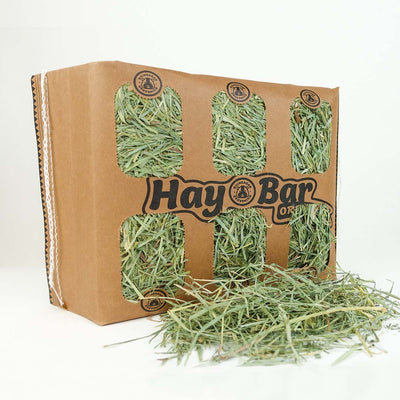
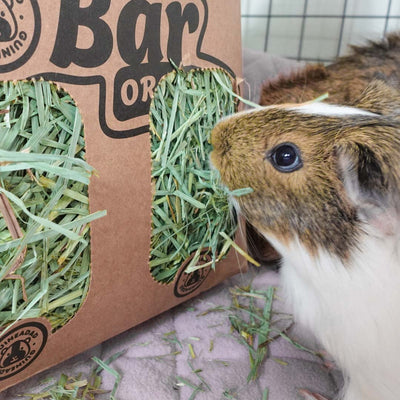
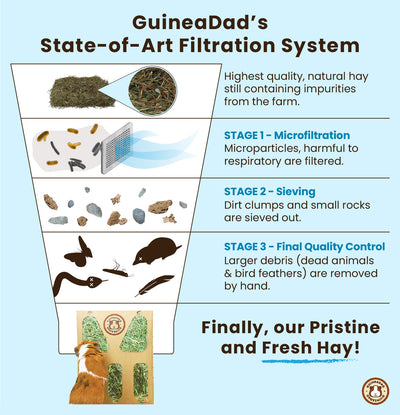
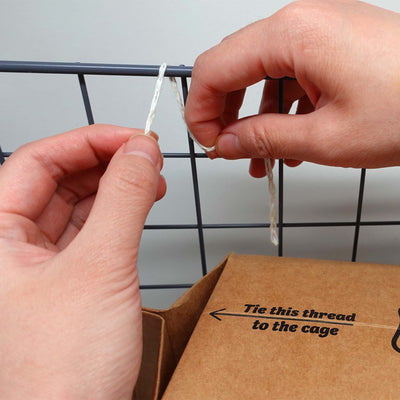
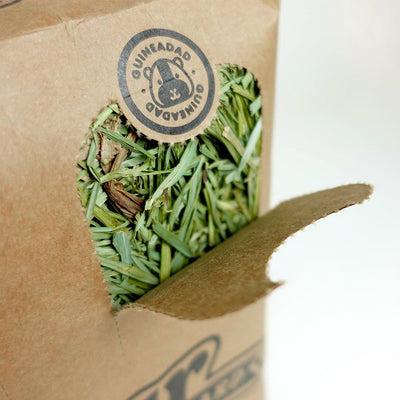
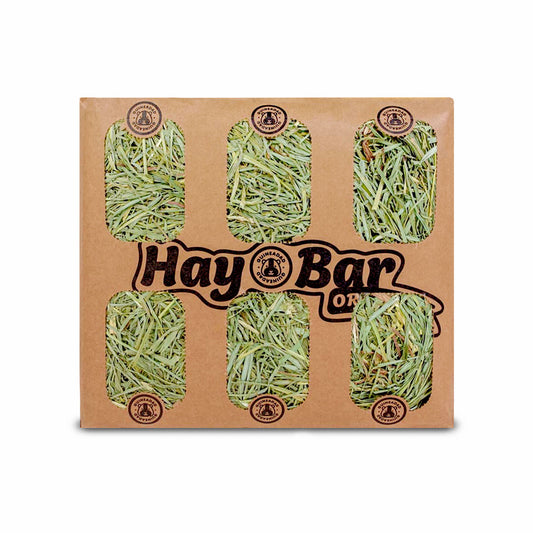
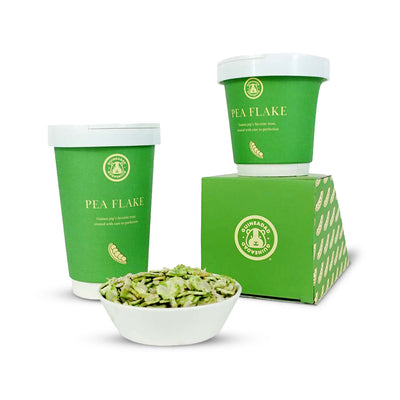
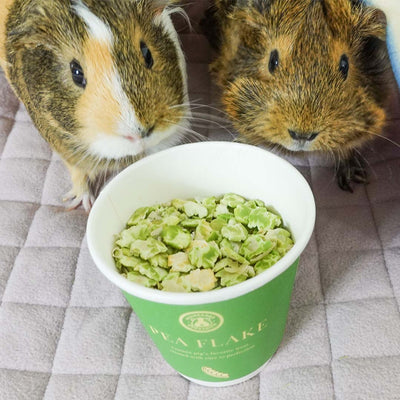
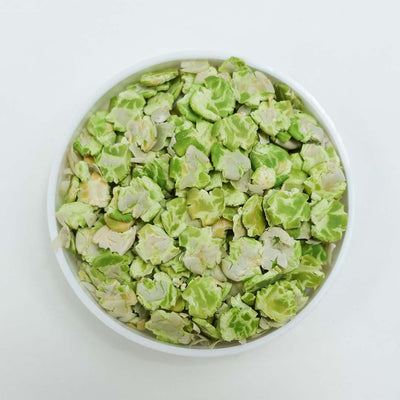
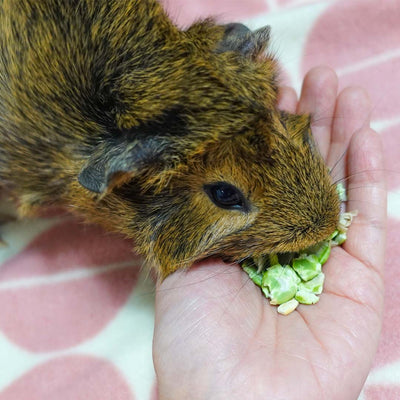
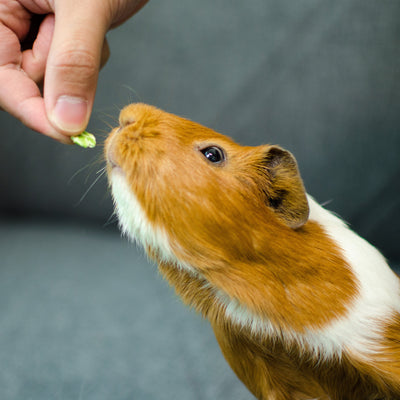
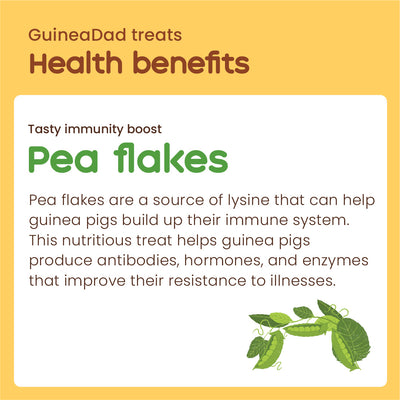
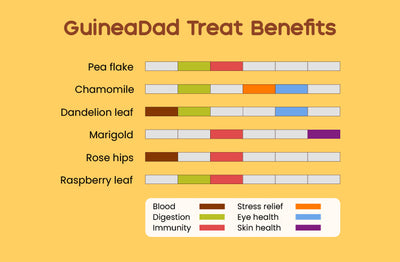
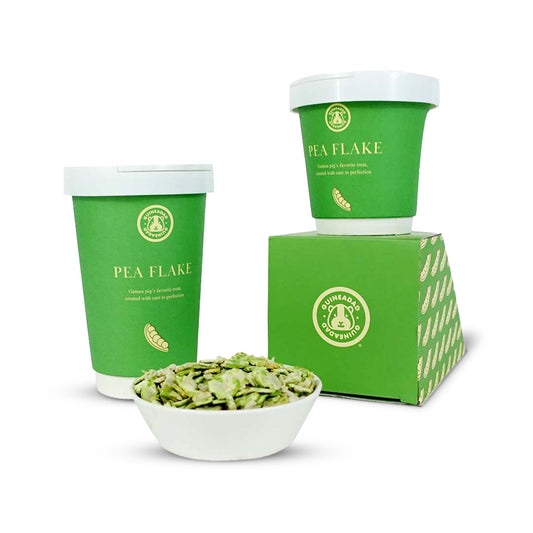

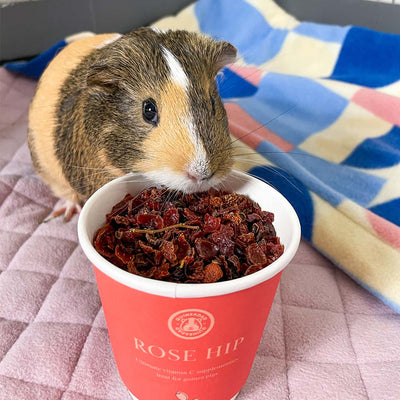
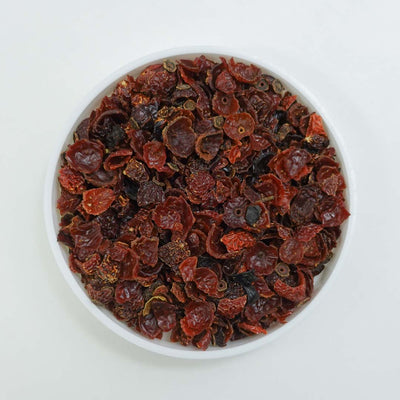
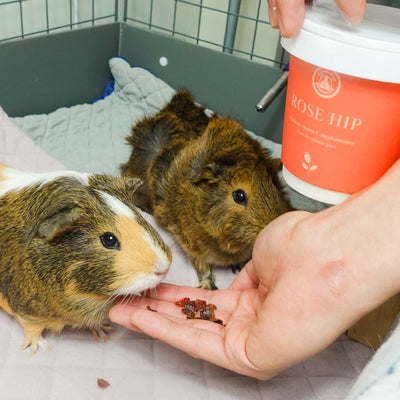
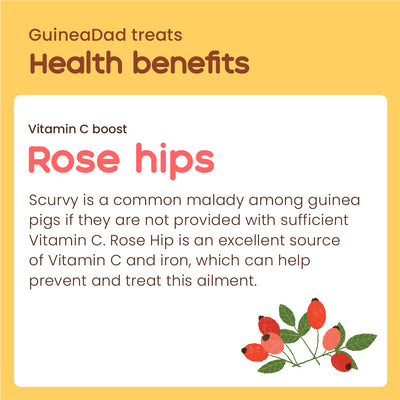
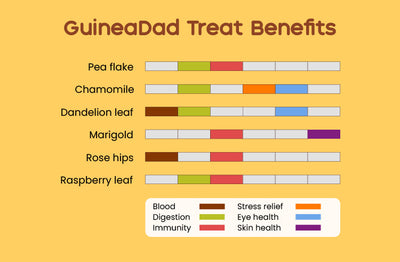

3 comments
How much mg of vitamin c should I give my guinea per day?
Can I feed guinea pigs corn on the cob?
how com hay caost so much from you i can buy a bale for 100 that will fit 100 of those boxes